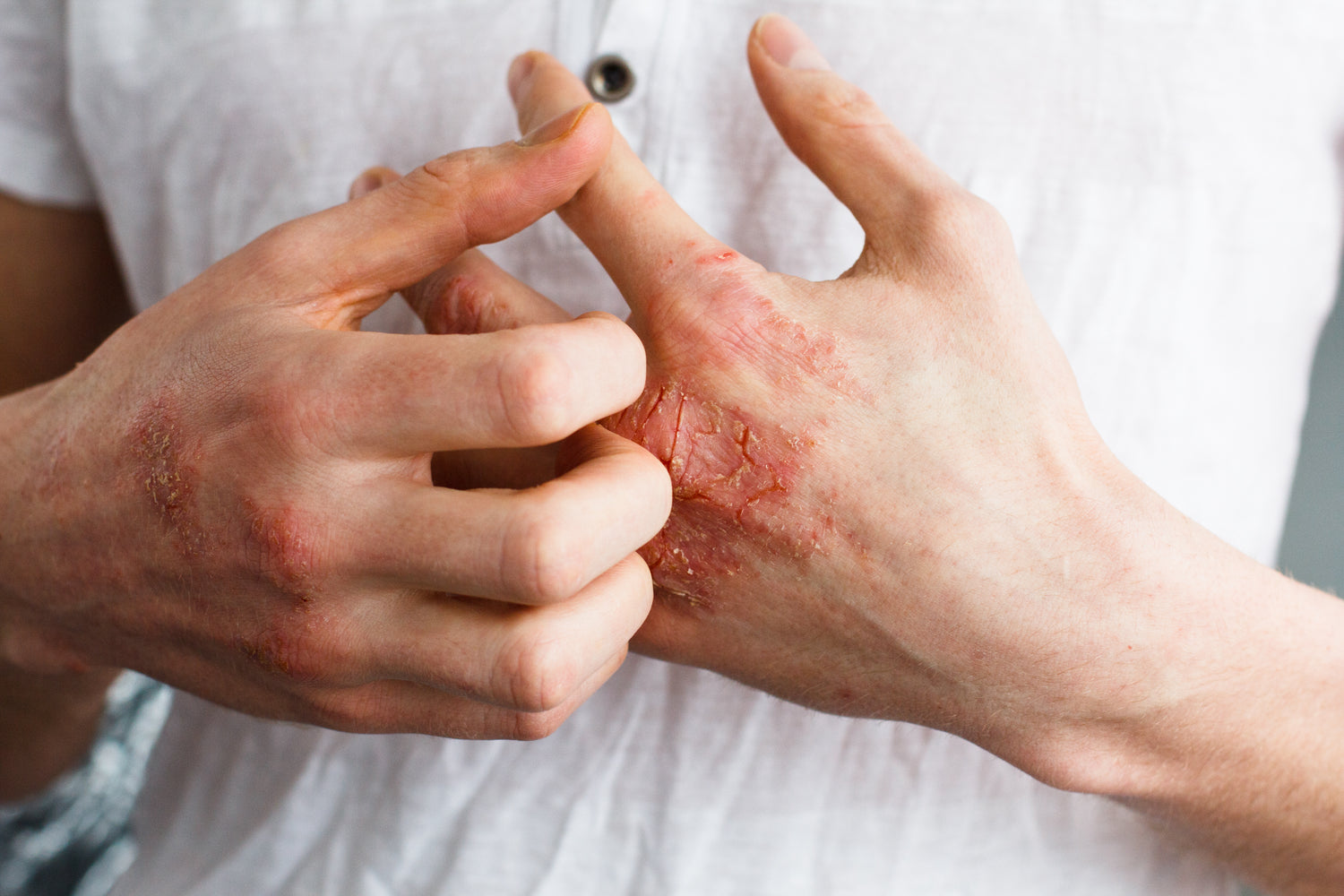While living with skin allergies can be difficult, the misconceptions surrounding them can bring an itch to the head, making the experience even more "irritating."
Atopic eczema, despite being one of the known and most prevalent skin conditions in the world that affect both children and adults, is oftentimes misunderstood and downplayed by many. As shared by those who have it, others view atopic eczema as "just a skin condition," inadvertently sharing to the public various false notions that are far from the truth.
According to the National Eczema Organization, around 31.6 million Americans in the United States have some form of eczema. It is a chronic skin condition that makes the skin red, itchy, and flare up. Most cases of eczema often begin before the age of 5 while others may persist into adolescence and adulthood.
The medical community continues to find a tried-and-true remedy to this skin condition. Despite this, treatments and self-care measures can help relieve flare-ups and discomfort. And although we might not heal people with atopic eczema completely yet, at least we can certainly cure misinformation surrounding their condition.
In celebration of World Atopic Eczema Day, here are the 10 myths that the atopic eczema community wants you to drop.
-
“Atopic eczema is an infectious disease caused by bacteria, viruses, fungi or parasites.”
Atopic eczema is a chronic inflammatory condition believed to be caused by the body’s immune response; uncontrolled scratching can lead to the development of infection.
-
“Atopic eczema is contagious and can spread to others through physical contact.”
Atopic eczema is not contagious. The condition is at times hereditary as it tends to run in families.
-
“Atopic eczema only appears on the face, inside of the elbows, or behind the knees.”
Atopic eczema can appear anywhere on the body.
-
“Regular baths and showers can make atopic eczema symptoms worse.”
Bath and shower frequency isn’t as important as using warm water, minimizing use of fragranced soaps, and moisturizing afterward. Hot water can trigger atopic eczema flares.
-
“Having atopic eczema is cheap, it just requires an over-the-counter cream treatment.”
Atopic eczema is an expensive disease and out of pocket cost is high, and for some unaffordable. Treatments may not be covered by health insurance and certainly not for other aspects affecting them, such as hygiene products, bed linen, clothes or foods.
-
“Food allergies cause atopic eczema.”
Food allergies may trigger flare-ups and make symptoms worse, but foods are not the primary cause of the atopic eczema.
-
“Atopic eczema isn’t a serious condition; it doesn’t require treatment because it is easily outgrown.”
There are varying severities of atopic eczema. Sometimes children grow out of the condition, but sometimes it carries into adulthood.
-
“Atopic eczema is just a skin condition – it doesn’t impact quality of life.”
Atopic eczema is a chronic disease. Its itching can harm patients’ mental health, lead to depression and social isolation.
-
“Atopic eczema flares are triggered by the same factors for all patients, whether environmental allergens or irritants like latex.”
Atopic eczema triggers vary for everyone.
-
“If both parents have atopic eczema, their child will inherit the condition.”
While a family history of atopic eczema, asthma or hay fever is the strongest predictor of developing atopic eczema, the cause of atopic eczema is not solely hereditary.
TAKEAWAY:
If you want to support atopic eczema patients and enhance the public's understanding of the disease, read this in-depth resource material from the European Federation of Allergy here.
Living with a chronic skin condition like eczema is both a physical game and a mental battle. In understanding its impacts, there's no room for disgust nor belittlement as eczema undoubtedly affects the quality of life of those who cope with it each day.
May we all help to put an end to confusion and misunderstanding about atopic eczema. Read more about the true impacts of eczema on those who have the skin condition: The 5 Real Costs of Eczema
DISCLAIMER: The information presented on Cottonique is not, and will never be, intended to be a substitute for professional medical advice, diagnosis, or treatment. All content materials found on this site, from text, treatments, outcomes, charts, graphics, photographs, and study findings, are created and published for general informational purposes only. It should not, in any way, be construed as a standard of care to be followed by a user of the website.
Thus, readers are encouraged to verify any information obtained from this website with other accurate references and review all information regarding any medical condition or treatment with their physician. As Cottonique strives to help those with allergies live with better days, the hypoallergenic apparel brand encourages everyone to always seek the advice of their physician or other qualified health providers with any questions they may have regarding a medical condition.






Leave a comment
All comments are moderated before being published.
This site is protected by reCAPTCHA and the Google Privacy Policy and Terms of Service apply.